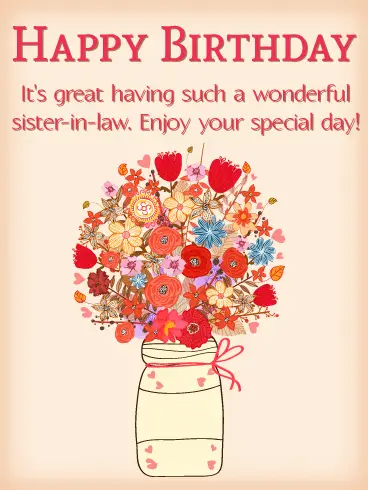160 Most Amazing Grandmother Quotes That Will Touch Your Heart
Grandmother quotes -an extensive collection of quotations by famous authors, celebrities, and newsmakers- can help us to take a moment to celebrate the incredible contributions grandparents have made to our lives. Late American humorist, Sam Levenson, said wryly, “The reason grandparents and grandchildren get along so well is that they have a common enemy.” Everything … Read more








